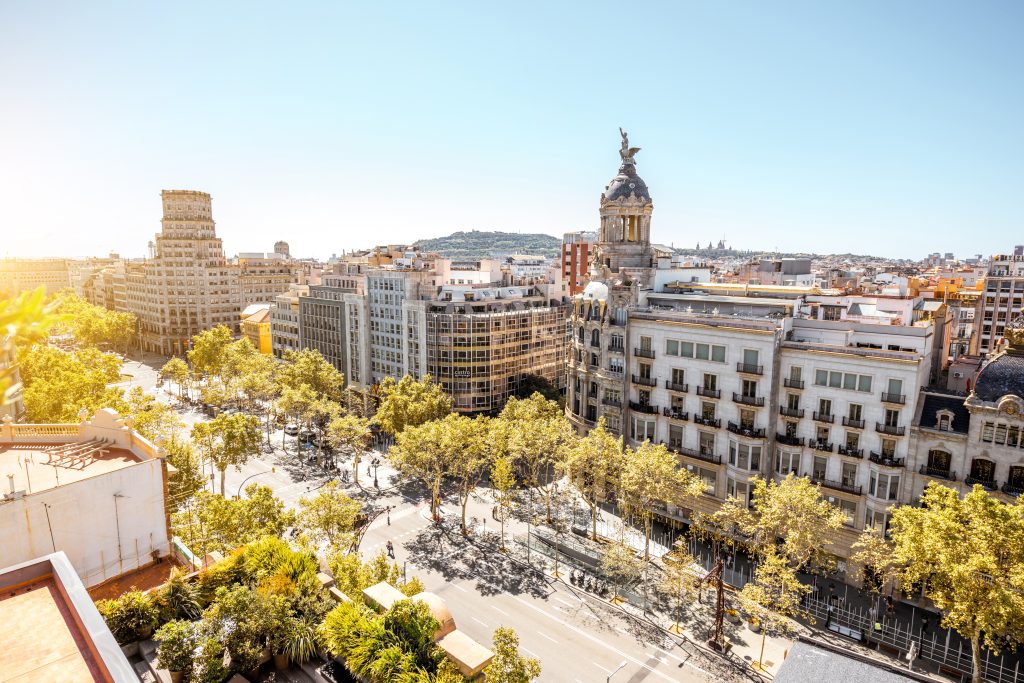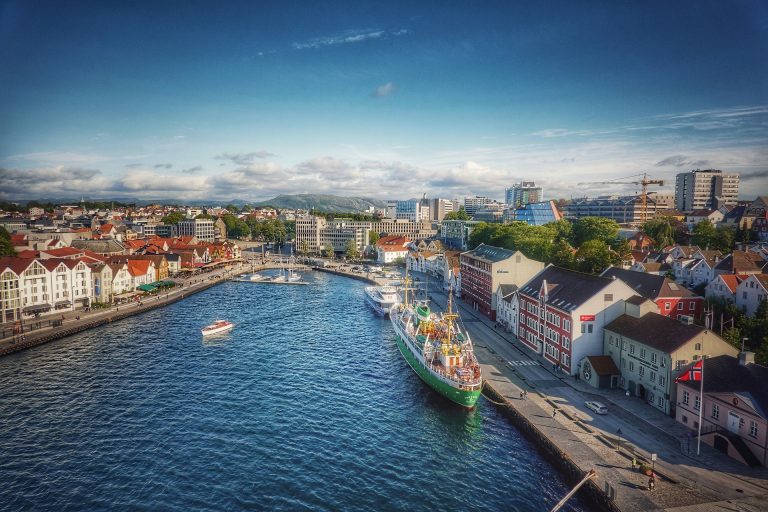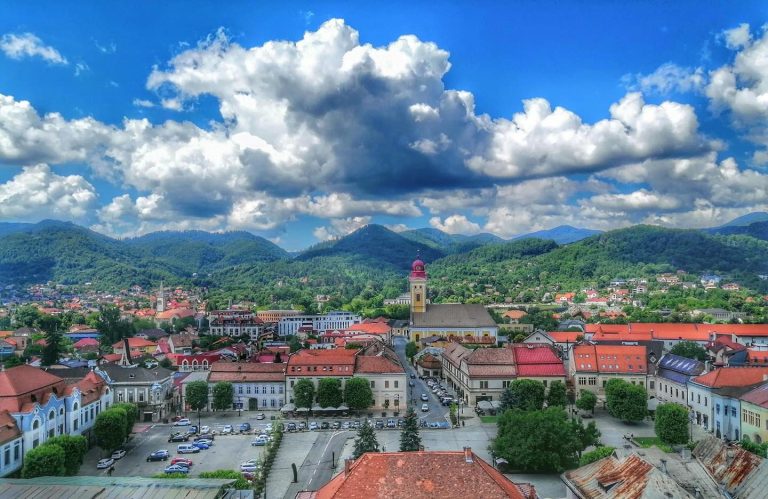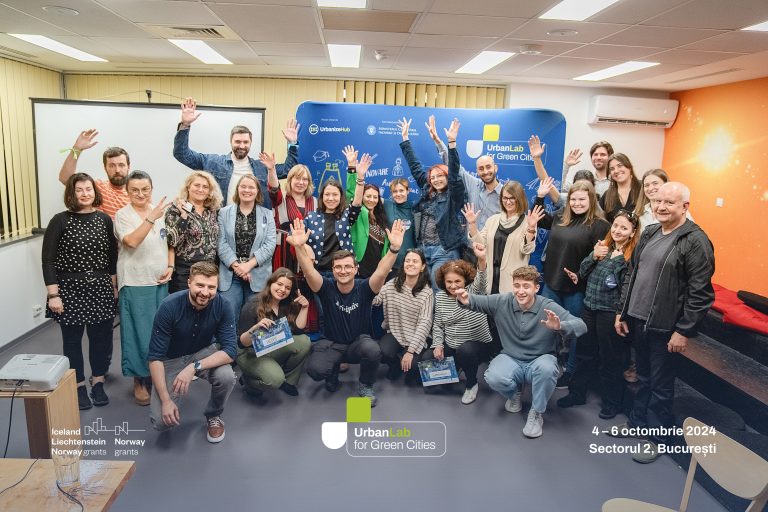Internationalization helps to learn, share best practices and understand how common problems can find solutions adapted to local contexts. Area Metropolitana de Barcelona has created a plan with three main objectives at global and European level. The internationalization plan is thought of as an impetus for sustainability, competitiveness, innovation and the promotion of good governance of metropolitan areas.
We expect that by 2050 we will see how urbanization expands more and more and people are more and more attracted to urban environments. Approximately 2/3 of the world’s population will live in cities, which will face the problem of accommodating this number of citizens but also with problems related to ensuring an optimal level of quality of life. Pollution, inequities of all kinds, conflicts or demographic changes are just some of the challenges of the coming decades.
The global economy is closely linked to the power of cities and regions. Statistics show that 70% of the European Union’s GDP is created and consumed by metropolitan areas. They could also be a solution to global challenges. European funds, especially those related to the European Green Deal, support cities and metropolises that take actions to reduce their carbon footprint. The internationalization of metropolises has become a main topic for promoting sustainability, inclusion and smart city concepts.
Barcelona has long been dedicated to becoming the capital of the Mediterranean and consolidating the Euro-Mediterranean space of peace, stability and prosperity. Through alliances and the support offered to other metropolitan areas in the development processes are the pillars on which this objective is strengthened. In order to have an impact at the European level, Area Metropolitana de Barcelona has united with other metropolitan areas through European Metropolitan Authorities and created alliances with agencies or networks such as Eurocities, Metrex, UITP and ICLEI, but also with research centers or think-tanks such as Barcelona Center for International Affairs (CIDOB) and Barcelona Institute for International Studies.
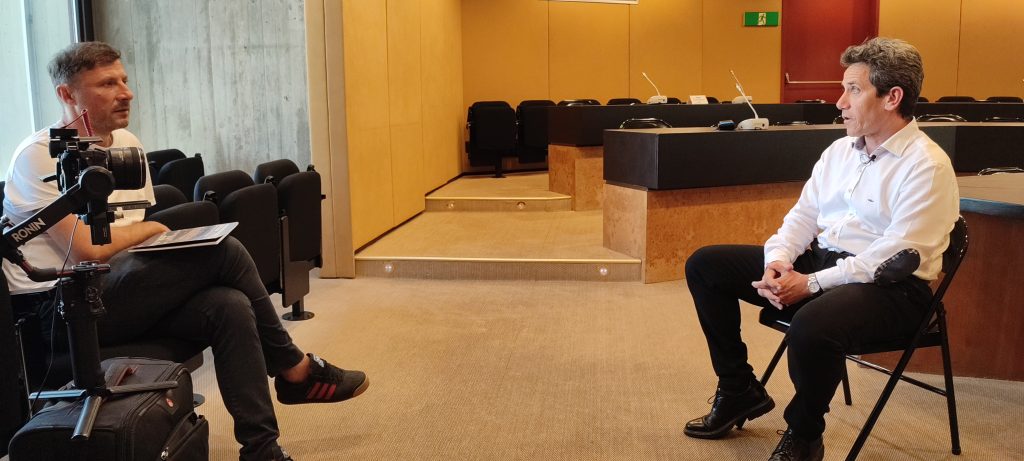
Xavier Tiana, Head of International Relations of the Metropolitan Area of Barcelona, talked about the internationalization plan
European funds play a leading role in internationalization processes. Thanks to them, at the metropolitan level, stakeholders from various fields are involved together with several local councils. The European Regional Development Fund has an agreement signed by the Government of Catalonia and AMB with a value of 30 million euros for participation in 50 projects. In addition to attracting European funds, the secondary strategy was to attract public and private international funding to support innovative actions in areas related to metropolitan solutions.
Relations between AMB and Europe play a central role on the agenda when we talk about shaping policies to encourage metropolitan areas and cooperation between regions. The Mediterranean region is of extremely high cultural, economic, social and environmental importance for Barcelona. The International Cooperation Masterplan of the AMB positions the region, especially the eastern area, as a priority for cooperation policy. Barcelona Metropolitan Area and South America share a long history of cooperation in areas such as metropolitan governance, ecology, digital transition and social cohesion policies. Knowledge transfer and economic exchanges with the United States of America, Canada and Asia are a priority for the Area Metropolitana de Barcelona’s internationalization plan. Discussions with Africa focus on decentralized cooperation and knowledge sharing with stakeholders on the continent.

The Area Metropolitana de Barcelona is an institution that has a lot to say about the good governance of metropolitan areas. It is a real inspiration to see the openness it shows internationally for other cities or regions that want to learn how to manage themselves more effectively. As I presented in the series of articles dedicated to good practices in Metropolitan Barcelona, the projects of real value are those that connect people, that create bridges of collaboration between cities and that start changes at the level of the structure of the administration.
Barcelona Metropolitana is a leading actor for the idea of functional urban areas that will bring innovation to the way metropolitan areas are managed, how citizens are involved in decision-making processes and how sustainability is placed in the first line of priorities.
This article is part of the EU Commission project Functional Areas in the EU

